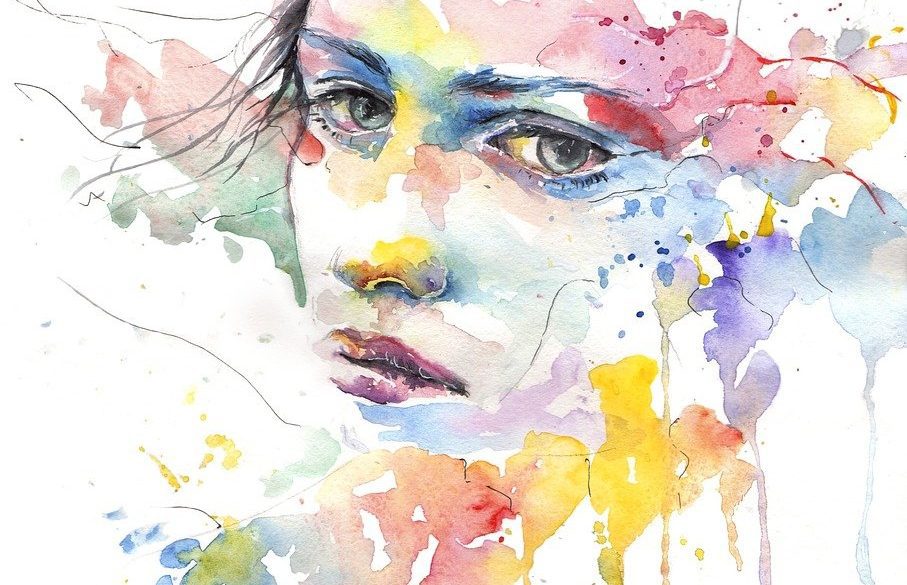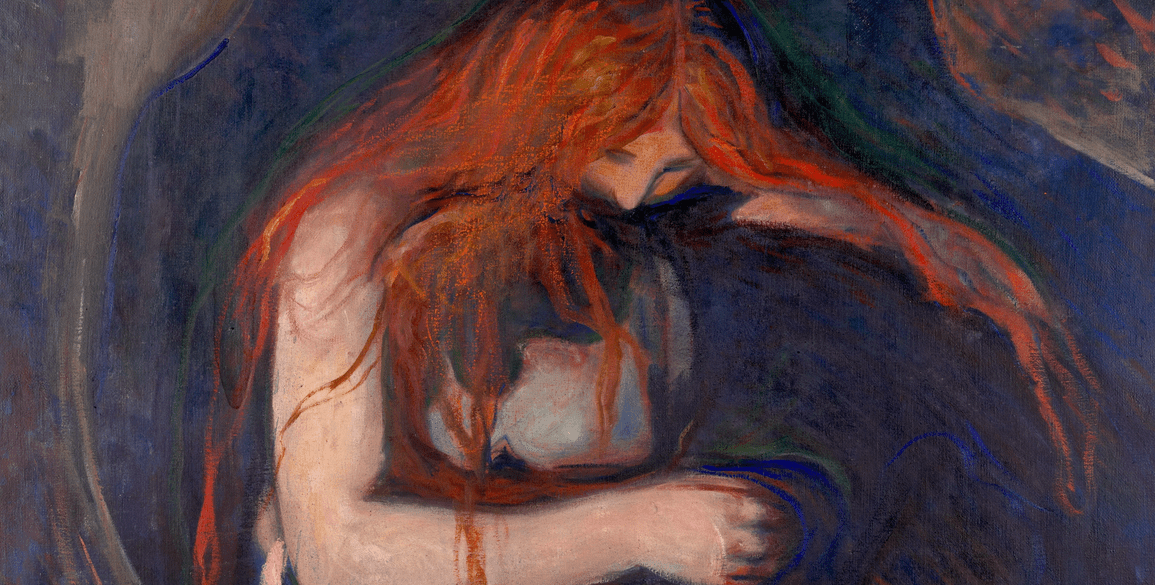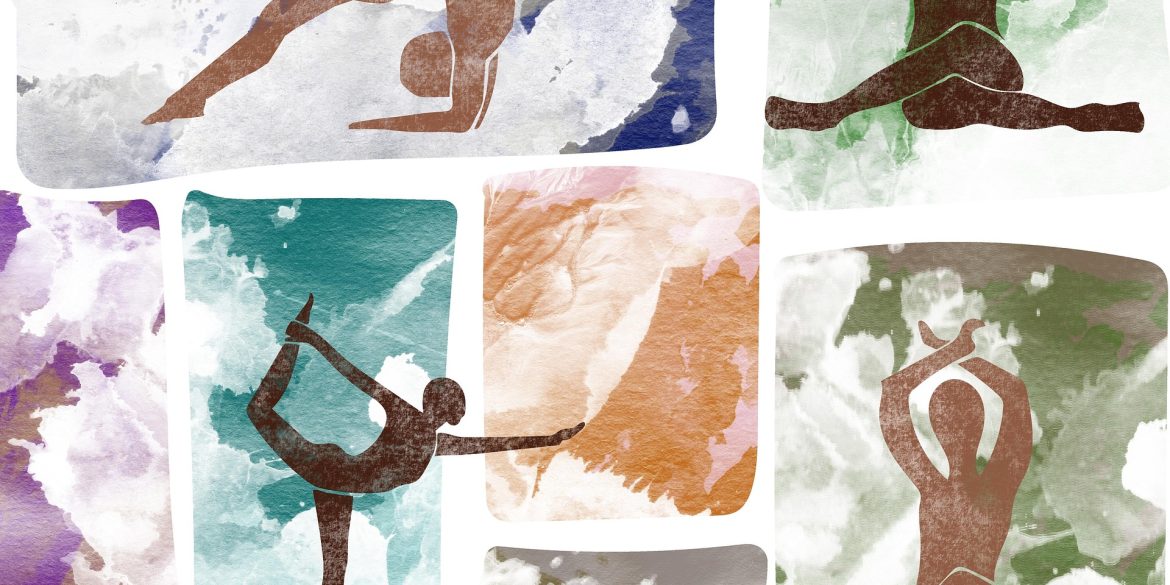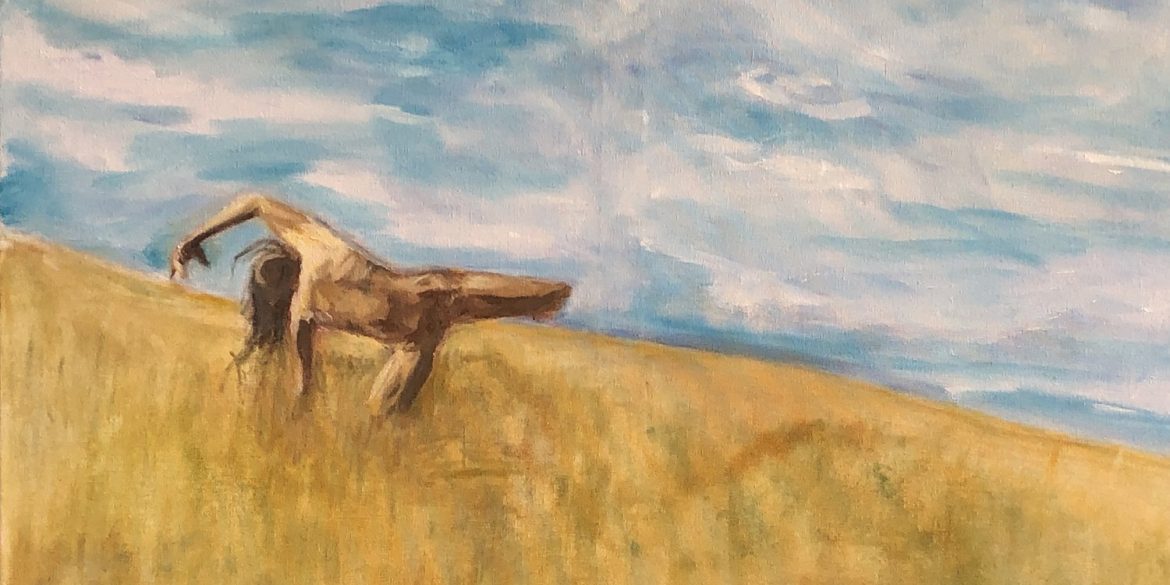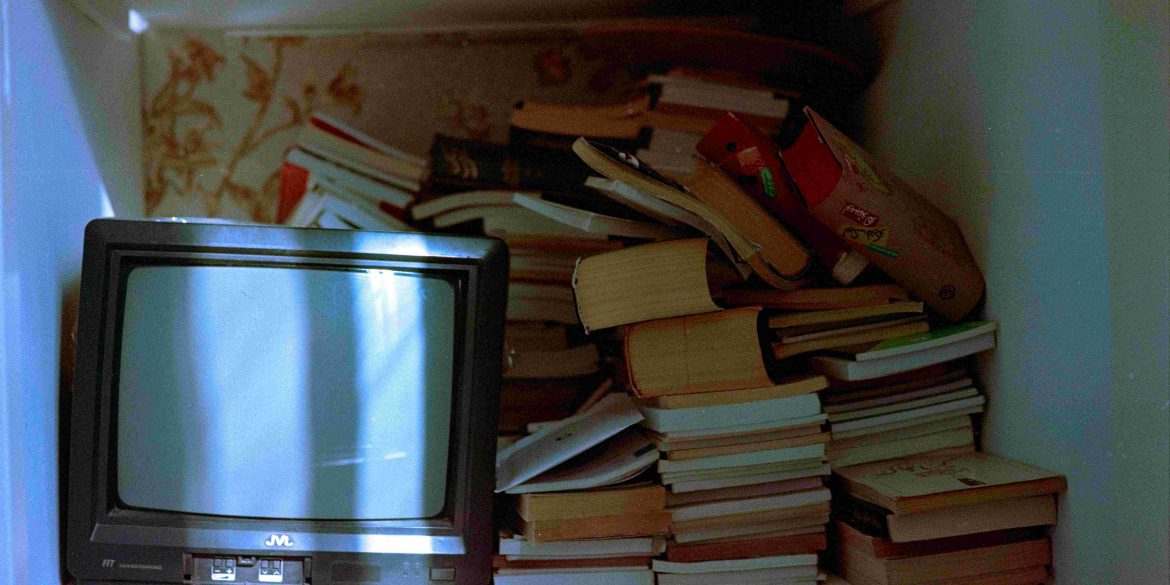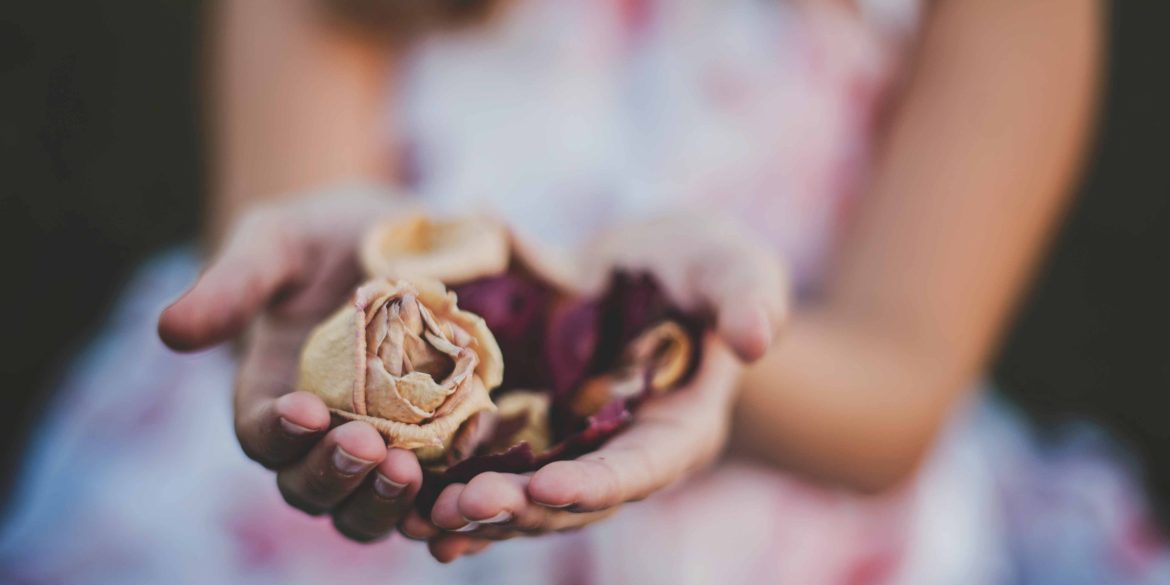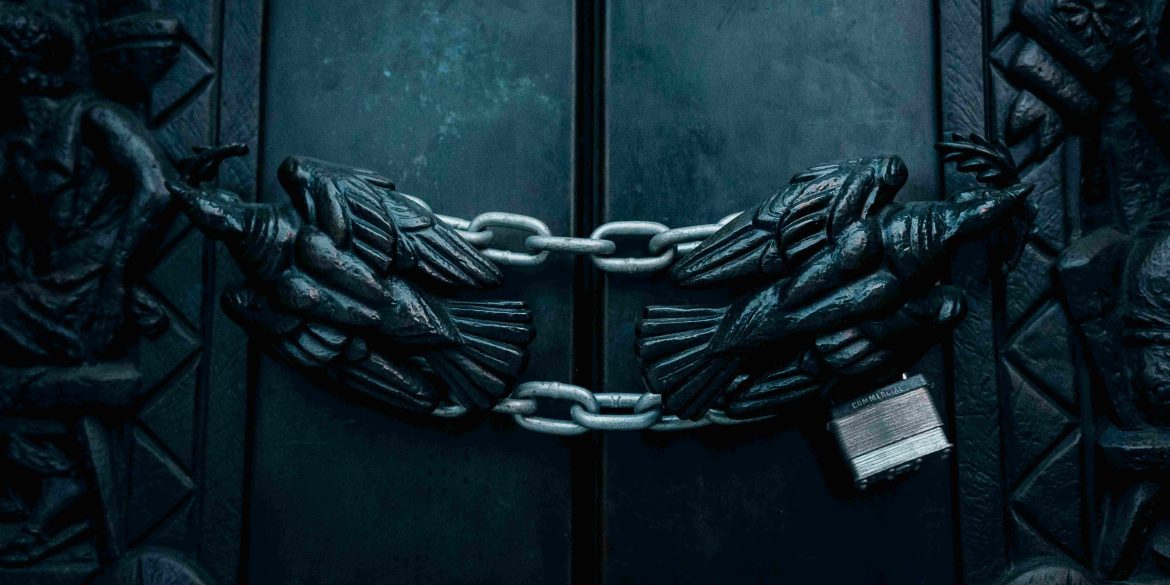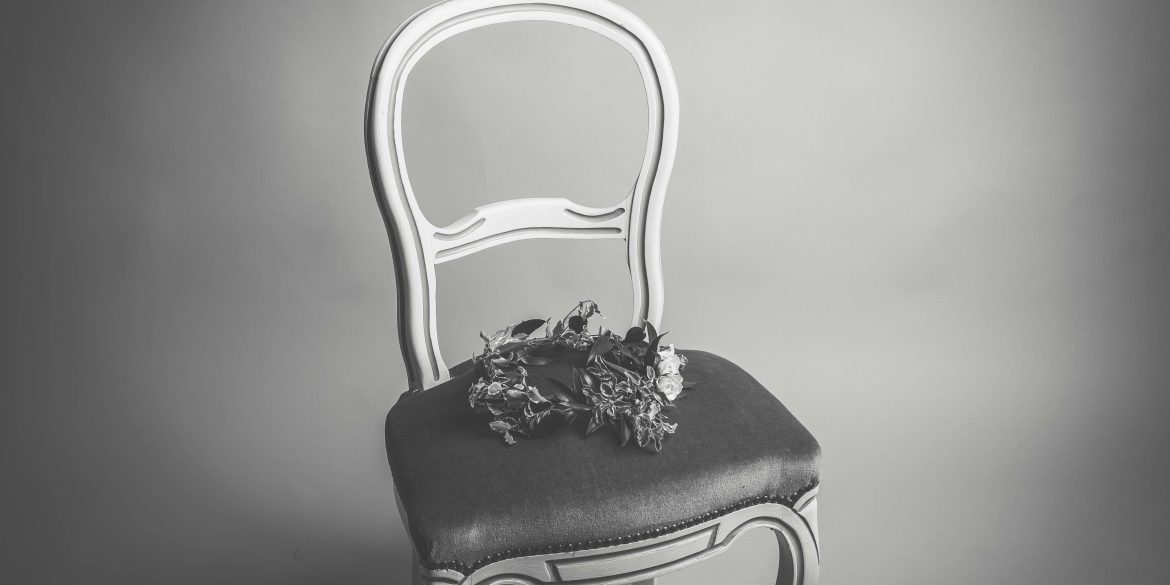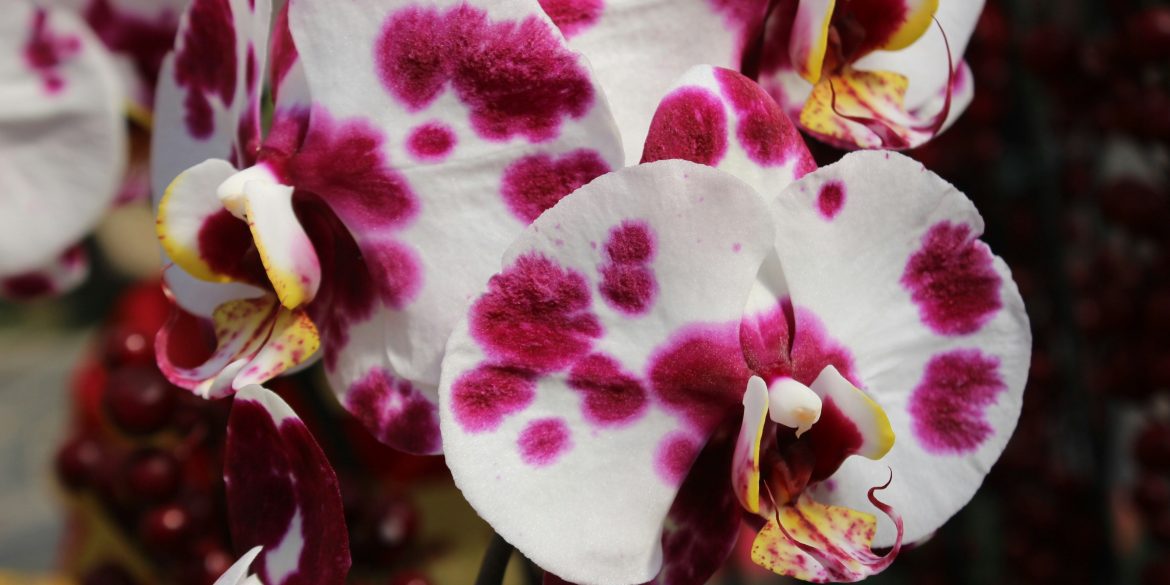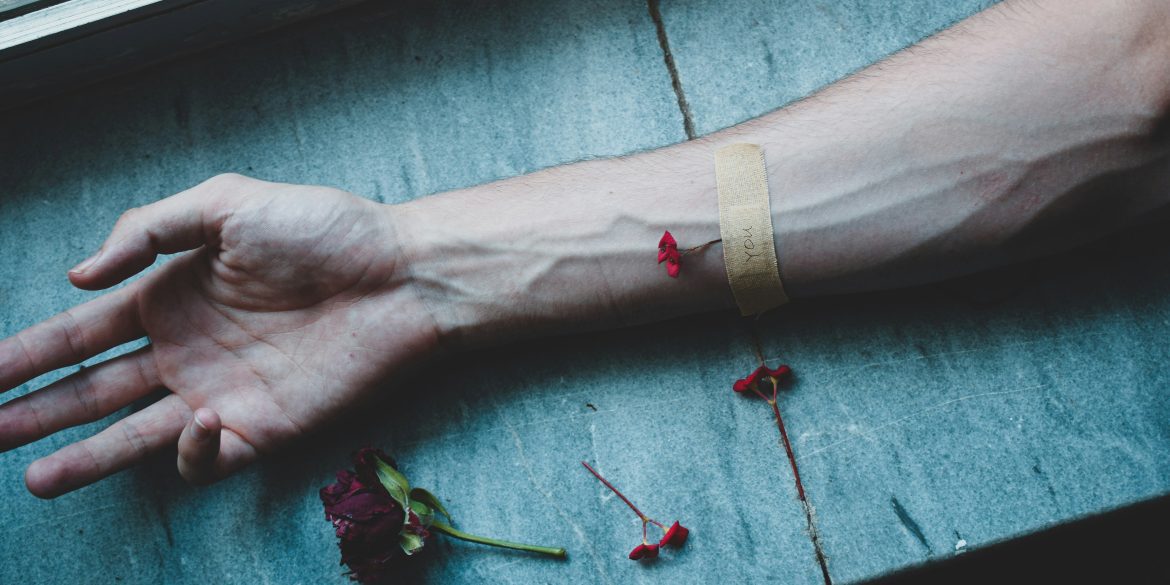I use poetry to describe living with ME/CFS, an illness that is chronic and invisible, thus bringing awareness to this little known diagnosis.
Issues
All
- Bodily Autonomy Special Issue, 2022-23
- Celebrating Dr. Patricia Leavy's Social Fiction 2024
- Climate Change Special Issue, 2022
- Laughter Special Issue, 2023
- Queer Special Issue, 2023-24
- Volume 1, Issue 1 (2021)
- Volume 1, Issue 2 (2021)
- Volume 2, Issue 1 (2022)
- Volume 2, Issue 2 (2022)
- Volume 2, Issue 3 (2022)
- Volume 2, Issue 4 (2022)
- Volume 3, Issue 1 (2023)
- Volume 3, Issue 2 (2023)
- Volume 3, Issue 3 (2023)
- Volume 3, Issue 4 (2023)
- Volume 4, Issue 1 (2024)
- Volume 4, Issue 2 (2024)
- Volume 4, Issue 3 (2024)
- Volume 4, Issue 4 (2024)
Through our collaborative autoethnography, we learned that intentionally spending time with grief is well worth the effort.
This essay is about my experience teaching yoga in a California prison.
This multimedia essay explores the notion of an “inner landscape,” as well as the creative practice and self-study from which this idea emerged
This autoethnography about same-sex love poses spiritual debate on the processes of grieving and interment.
In this work, I unpack how realizing my queerness has influenced how I write my poetry.
In Breaking Free: Reclaiming Authenticity in a Capitalist World, I reveal how I overcame my mental health challenges and reconnected with my true self discovering the benefits of holistic therapies and shamanic healing.
The Karen Disorder: Breaking Free from the Chains of Institutional Labels emerges from my research in the field of illness and identity.
Military culture includes a rich collection of symbols, beliefs, values, language, dress, behaviors, relationships, and work.
This work illustrates the very personal process of a Chinese-born immigrant to the U.S. and a U.S. born citizen learning about each other's cultures over the course of a 27 year marriage.
This essay describes my experiences of the arts during the Covid-19 when arts and culture organizations had to pivot to virtual offerings.
Commercial genetics has become a cultural phenomenon. In this piece, I use autobiography to document discovering my biological father.


